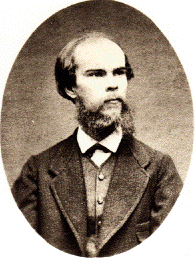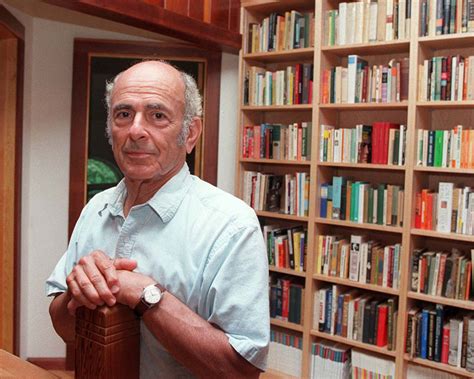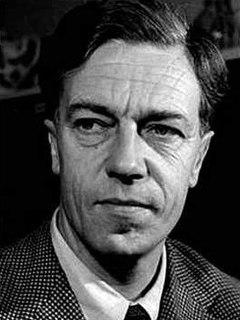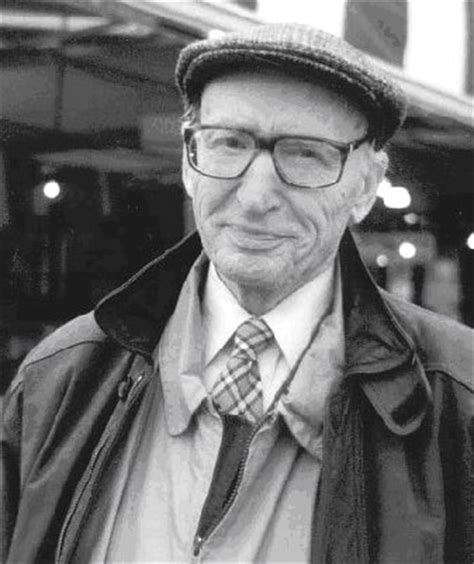A Quote by Paul Verlaine
A poem is really a kind of machine for producing the poetic state by means of words.
Related Quotes
In a sense, every tool is a machine--the hammer, the ax, and the chisel. And every machine is a tool. The real distinction is between one man using a tool with his hands and producing an object that shows at every stage the direction of his will and the impression of his personality; and a machine which is producing, without the intervention of a particular man, objects of a uniformity and precision that show no individual variation and have no personal charm. The problem is to decide whether the objects of machine production can possess the essential qualities of art.
I think that poetry is an act of celebration, that anytime you're writing a poem, it means that you're celebrating something, even if it's a sad poem, if it's an angry poem, a political poem or anything at all. The fact that you're taking the time and energy to pick up this thing and hold it to the light, and say, "Let's take some time to consider this," means that you've deemed it worthy enough to spend time on - which, in my opinion, is celebrating.
Paranoia imposes its own vision on the external world; it differs from other kinds of visionary experience in that the paranoid wants others to share his view—even insists on it. Paranoia is very like poetic creativity. This accounts for my fascination with certain people in whom this state of mind was evident: ‘characters’ met by chance, whose words and gestures would haunt me for years until, finally, in a poem I was able to dispel them.
It is unwise to equate scientific activity with what we call reason, poetic activity with what we call imagination. Without the imaginative leap from facts to generalisation, no theoretic discovery in science is made. The poet, on the other hand, must not imagine but reason--that is to say, he must exercise a great deal of consciously directed thought in the selection and rejection of his data: there is a technical logic, a poetic reasoning in his choice of the words, rhythms and images by which a poem's coherence is achieved.
Introduction To Poetry I ask them to take a poem and hold it up to the light like a color slide or press an ear against its hive. I say drop a mouse into a poem and watch him probe his way out, or walk inside the poem's room and feel the walls for a light switch. I want them to waterski across the surface of a poem waving at the author's name on the shore. But all they want to do is tie the poem to a chair with rope and torture a confession out of it. They begin beating it with a hose to find out what it really means.



































